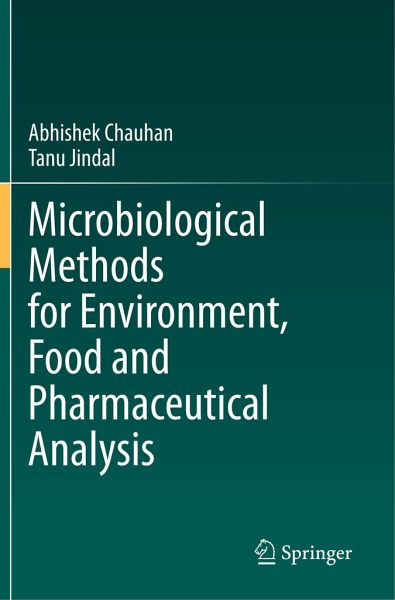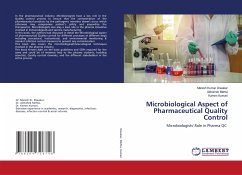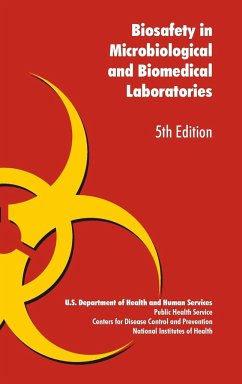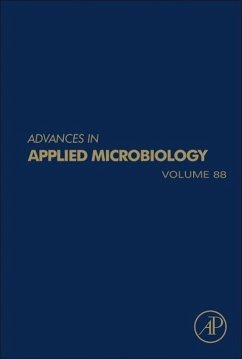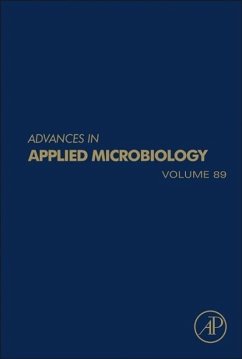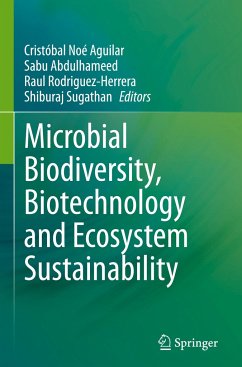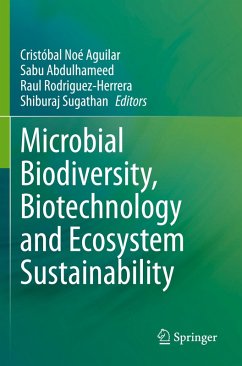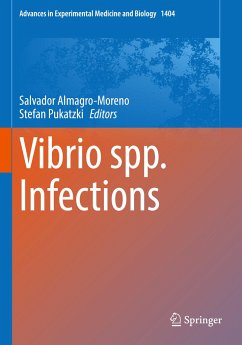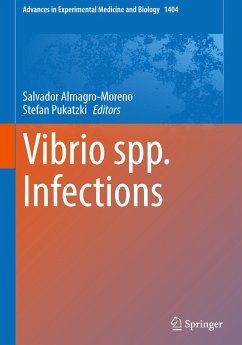Dr. Abhishek Chauhan obtained his B.Sc. in Industrial Microbiology and M.Sc., Ph.D. in Microbiology from Gurukul Kangri University, Haridwar, U.K., India. He is currently working as a Senior Scientist at Amity University, Noida, UP, India and formerly worked as a Scientist 'C' and Head, Department of Microbiology, Shriram Institute for Industrial Research (SRI), Delhi, India. He is known for his analytical and research mind-set and supervised approximately more than twenty-five Industry sponsored projects. He has developed and validated several microbiological methods related to food, water, drugs and pharmaceutical. Dr. Chauhan has participated in 35th Indian Scientific Expedition to Antarctica and 10th Indian Southern Ocean Expedition, scientific ventures of Ministry of Earth Science, Govt. of India. He has a total 15 years of rich experience and has guided more than ten post graduate students on emerging issues of Microbiology and Biotechnology. He has authored a research bookon key aspects of "Antibacterial Activity of Cyanobacteria" and Edited a book entitled Plants and Microbes: An Innovative approach. He has delivered various plenary lectures and invited talk at various symposium and conferences and has been a key speaker of teleconferencing talk on "Food and Diet" under EduSAT network, Vigyan Prasar, DST, Govt. of India. He has been a reviewer for many peer reviewed journals and published more than 45 research papers and honored with prestigious awards such as 'Young Scientist Award' (2013); STOX-Appreciation Award (2016); NCEEBR-Certificate of Excellence for Oral Presentation; Best Presentation Award (IIPA-DST Govt. of India) 2012. He has also been certified on various quality certification and Accreditations such as ISO: 17025 (Laboratory Quality Management System), ISO: 17043 (Proficiency Testing), ISO: 22000, ISO:9001, ISO:14001. He is an active member of the Indian Science Congress Association, Society for Plant Research and Association of Microbiologists of India. Prof. Tanu Jindal completed her PhD in Ecotoxicology from Department of Zoology, University of Delhi in 1999. She is Group Additional Pro Vice Chancellor (R&D) and the Director of Amity Institute for Environmental Toxicology, Safety and Management (AIETSM) and Amity Institute of Environmental Sciences (AIES) at Amity University, Noida., UP, India. She is responsible for PhD, MSc. and B.Sc Environmental Science courses to promote environmental research and studies with syllabus covering important and current area of environmental science. She has filed six patents on lysimetric-device, apparatus to estimate the loss of xenobiotics by volatilization and mineralization, natural pesticide, photochemical method to dispose of dilute pesticide waste and cost-effective water testing kit. She has completed projects on Yamuna, Hindon, Ghagghar River ad groundwater contamination through pesticides, MoEF&CC; Contamination of soil and groundwater through leaching of drains in Delhi, MoES; Groundwater contamination of Chlorpyrifos in soils at different pH with CWRDM, DST; Environmental monitoring studies at Antarctica- NCAOR, Goa; Impact of Electro Magnetic Radiation- DST. Her recent initiatives are projects on Development of Lysimeter -DST; Air Pollution Monitoring through CAAQMS-UPPCB; Development of Emission Factors, CPCB. Establishment of the Pesticide Referral Laboratory and MRL fixation of pulses and spices were her research endeavors at ICAR. Her expertise area is ISO-17025, GLP-studies, radio and stable isotope tracer techniques, GCMS and LCMS studies etc. She taught Pesticides Chemistry and Toxicology in Delhi University for 7 years to MSc students. She holds membership of eminent scientific societies. She has travelled extensively nationally and internationally presenting papers and has publications in referred journals of high impact factor. She has published more than 38 papers in reputed journals and has been serving as an editorial board member of repute. Editor of The Year Award 2017 by MTRES, Excellence in Research and Teaching Award 2017 by National Environmental Science Academy, prestigious Scientist of the year Award - 2015, Environmentalist of the Year Award-2014 by NESA, New Investigator Award presentation at ACS, DST Young Scientist Award Project are to her credit. She has received travel awards from CSIR, DST & INSA.
